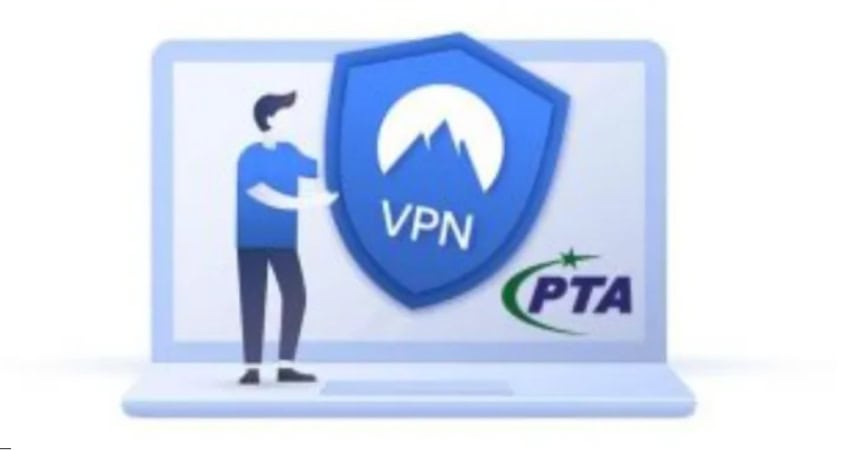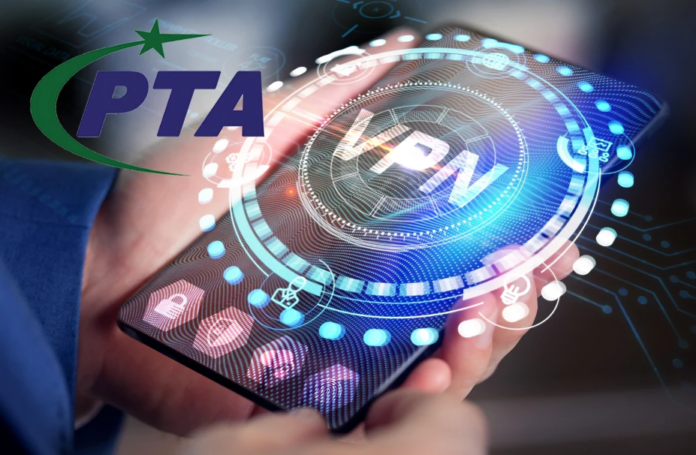The new PTA VPN Registration Process is a significant step taken by the Pakistan Telecommunication Authority (PTA) to regulate and ensure the secure use of VPN services across the country.
With the rise of cyber threats and illegal online activities, this initiative has been designed to safeguard users’ access to the internet while maintaining compliance with local laws. This article delves into the importance of the PTA’s new registration process, how it works, and what users need to know to stay compliant.
PTA VPN Registration Process: What You Need to Know
The PTA VPN Registration Process was recently rolled out to address concerns about the misuse of VPN services and ensure that all VPN activity remains legal, secure, and traceable. Previously, VPN use in Pakistan was largely unregulated, which allowed for the exploitation of these tools for illegal purposes, including bypassing government censorship and accessing prohibited content.
The PTA, recognizing the importance of maintaining internet security, introduced this registration process to give the authority greater oversight over VPN traffic. By requiring users to register their VPN services, the PTA can better monitor online activity, mitigate potential cybercrime risks, and ensure that VPNs are used in line with the law.
Why the PTA VPN Registration Process Matters
The need for regulation has become more pressing as VPN usage has surged, with both individuals and businesses relying on these services to protect their online privacy and to access blocked content. However, the rise of illegal activities conducted through VPNs, such as accessing extremist websites or conducting fraudulent transactions, prompted the government to introduce this process.
With this new initiative, the PTA seeks to provide a framework that balances security with privacy. By registering VPNs, the PTA can track their usage and ensure that they are not being exploited for illegal or harmful purposes.
Furthermore, this process is part of Pakistan’s broader push toward enhancing cybersecurity and digital transparency, allowing businesses to conduct online transactions with greater confidence and security.
Steps to Register VPN with PTA
- Visit the PTA Portal: Go to the official PTA website or the designated VPN registration page.
- Enter Personal Information: Fill out the required fields with accurate details about yourself or your business. This may include your CNIC or NTN (for business users).
- Choose Your VPN Provider: Select the VPN provider you are using from a list of approved services. If your VPN service is not listed, you may need to contact the PTA for further instructions.
- Submit Your Information: After filling out the necessary details, submit the registration form. Ensure that the information provided is correct to avoid delays in processing.
- Confirmation and Approval: Upon successful submission, the PTA will review your registration and send you a confirmation of approval. Once approved, you will be granted access to use the VPN services in compliance with the regulations.

How Does the PTA VPN Registration Process Work?
The PTA VPN Registration Process is straightforward, with a few simple steps for users to follow. The goal is to make sure that all VPNs used within Pakistan are registered and compliant with the relevant laws. Here’s how the process works:
1. Visit the PTA VPN Registration Portal
To begin, users need to visit the official PTA website or the dedicated VPN registration portal. The website provides a user-friendly interface for registration, where individuals and businesses can enter the necessary details to register their VPN services.
2. Provide Personal and VPN Details
Users will need to fill out a form with their personal details, such as name, CNIC (for individuals), and business-related information (for corporate VPN users). Additionally, they must provide the name of their VPN service provider and any other relevant information required by the PTA. This step ensures that the authority can accurately track and monitor VPN usage.
3. Submit Proof of Identity
In some cases, especially for businesses, users may need to provide proof of identity to confirm their legitimacy. This is done to prevent the use of VPNs for fraudulent purposes and to ensure that only genuine users are registered.
4. Await Confirmation from PTA
Once the registration form is submitted, the PTA will process the details and send a confirmation of approval. Upon approval, the user will be allowed to continue using their VPN, but with the understanding that they must comply with the guidelines set by the PTA.
5. Continued Monitoring and Compliance
After registration, the PTA will continue to monitor VPN usage to ensure that it complies with local laws. This ongoing monitoring is crucial for maintaining the integrity of Pakistan’s digital infrastructure and preventing misuse.
Key Benefits of the PTA VPN Registration Process
The PTA VPN Registration Process brings several benefits to both users and the country as a whole. Here are the key advantages:
A. Enhanced Cybersecurity
One of the primary benefits of the PTA VPN Registration Process is the enhancement of cybersecurity. By tracking and regulating VPN usage, the PTA can ensure that online activities remain safe and secure, reducing the risk of data breaches, cyberattacks, and other online crimes.
B. Prevention of Illegal Activities
Another major benefit is the prevention of illegal activities conducted via VPNs. The PTA can now monitor VPN traffic and identify any suspicious activity, such as access to prohibited websites or involvement in criminal activity. This reduces the risk of harmful content being accessed within Pakistan.
C. Increased Transparency
The registration process also increases transparency in VPN usage. By registering VPN services, users can be assured that they are using legitimate services that comply with national regulations. This builds trust in the system and ensures that individuals and businesses alike can rely on secure and trusted VPN providers.
D. Secure Business Operations
For businesses that rely on VPNs for secure communications, the registration process offers peace of mind. Businesses will be able to continue using their VPNs without fear of being caught up in a legal dispute or cyber threat. Additionally, by complying with the registration process, companies can be sure that their online activities are not inadvertently linked to illegal activities.
Understanding the Legal Implications of VPN Registration
While the PTA VPN Registration Process offers several benefits, it’s also important for users to understand the legal implications of using a VPN in Pakistan.
- Legal Usage of VPNs
VPNs must be used for legal and legitimate purposes. The PTA emphasizes that VPNs should not be used to bypass government restrictions or access prohibited content. VPN users are advised to familiarize themselves with the laws regarding internet use and avoid activities that could lead to legal consequences.
- Monitoring and Enforcement
The PTA has the authority to monitor VPN usage and take action if users are found violating the guidelines. Users who fail to comply with the registration process or engage in illegal online activities may face penalties or their VPN access could be blocked.
The Future of VPNs in Pakistan
The PTA VPN Registration Process marks a major step forward in Pakistan’s efforts to regulate the digital landscape. By requiring VPNs to be registered, the PTA can ensure that users are engaging in secure, legal online activities.
For users, the process is simple, and the benefits of security and compliance outweigh the inconvenience of registration. Businesses, in particular, will gain peace of mind knowing that their online operations are protected under the new system.
As internet use continues to grow, the PTA’s initiative is essential for creating a safer and more transparent digital environment. The PTA VPN Registration Process is a necessary measure to ensure that VPNs are used responsibly and securely, benefiting both users and the nation as a whole.


